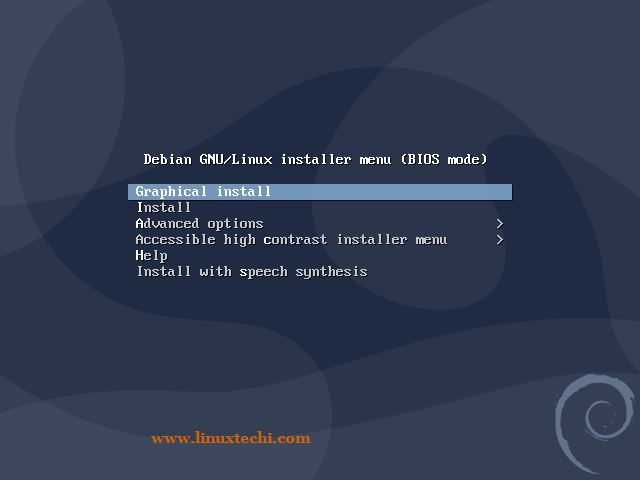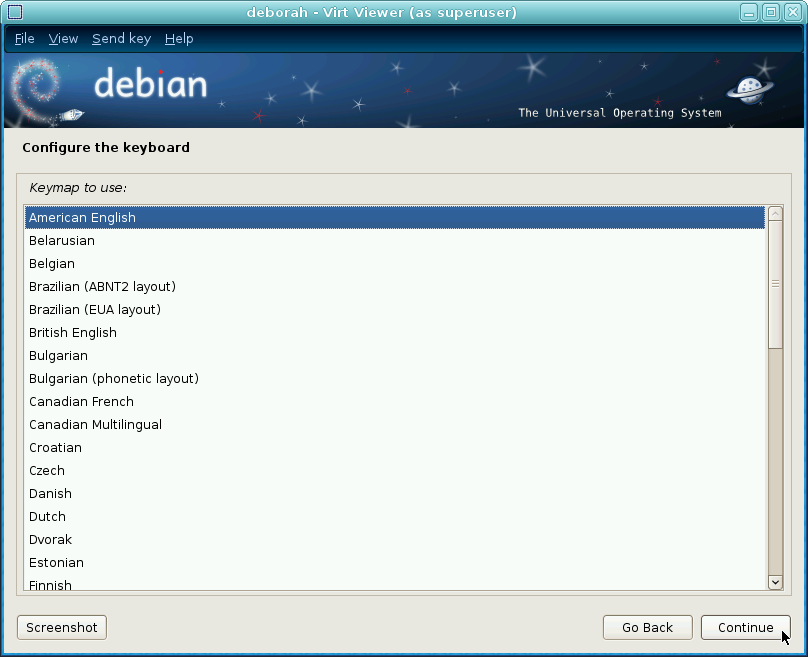
- #Debian install cmake update#
- #Debian install cmake full#
- #Debian install cmake software#
- #Debian install cmake Pc#
#Debian install cmake full#
la files with embedded references to the full path of your.

la file, the reverse-dependencies of your -dev package may have their own.
#Debian install cmake Pc#
pc file contains architecture-specific information, it should be installed in /usr/lib//pkgconfig, not /usr/lib/pkgconfigĮven if your -dev package isn't broken, if you ship a libtool. Please check that the reverse-build-depends of your package still work after conversion. so symlinks may point to the wrong place, architecture-specific header files may become unavailable. Test your -dev packages! There are several ways that a -dev package might be broken by a conversion to multiarch even though the runtime package works pkgconfig. If your library includes any sort of mechanism for loading modules or plugins from a public directory, care must be taken to ensure backwards-compatibility - either by including both multiarch and non-multiarch directories in a plugin search path, or by declaring an appropriate Breaks: on all pre-multiarch versions of the affected packages. While any built -dbg packages will have multiarch tuples in their paths, they never needed the Pre-Depends declared since their installation does not use the loader.Īny references to files located in /usr/lib from within your packaging, including but not limited to debian/rules, any debian/*.install or debian/*.links files, or maintainer scripts, must be updated by hand for the new locations. Debhelper will automatically fill in the $ variable correctly for you. In particular, you must pay attention to the following issues:ĭeclaring a Pre-Depends on the multiarch-support package is not necessary any more and deprecated since Debian 8 (Jessie). Careful attention is required on the part of the maintainer to ensure the conversion is done correctly. The answer is that there is no reliable way to automatically convert a package to multiarch. You might wonder why, if multiarch is so great, the conversion isn't handled automatically by the package helper tools like debhelper and cdbs.
#Debian install cmake software#
Having your runtime library package built as Multi-Arch: same makes it easier to build software against your library in such an environment. Users can use your library package with userspace emulators such as qemu without needing to use a dedicated chroot - making it easier to build environments that emulate only the parts that need emulating.Īlthough Debian policy currently doesn't allow -dev packages with headers which vary across architectures to be Multi-Arch: same, users may set up cross-build environments using only -dev packages for the target arch. If there is any software that uses your library which can only build in 32-bit mode, users will be able to install packages of that software directly on 64-bit systems without having to use dedicated chroots.If your library is currently bundled in ia32-libs, providing a multiarch package helps with the process of removing ia32-libs from the archive. Now that multiarch support is available in the package manager (dpkg 1.16.2 and above apt 0.8.12 and above), converting your runtime library package to Multi-Arch: same makes it possible for users to install your package for more than one architecture at the same time.

#Debian install cmake update#
Why update your library package for multiarch support? Check existing bugs (to see if a package has already been fixed, or for examples): bugs tagged multiarch Information on build-dependencies and fixing non-library multiarch packages is on Multiarch/CrossDependencies.īug tagging: Tag new multiarch fixes with user= tag=multiarch usertags.

If you find there are issues not documented here, please update this wiki page, or contact or #multiarch for help. This section is intended to be a one-stop guide for converting library packages to Multiarch. Note that the command `dpkg -add-architecture` is not supported in Ubuntu 12.04 LTS and earlier To delete i386 run dpkg -remove-architecture i386 Run apt-get update to refresh the package cache with the newly added architecture


 0 kommentar(er)
0 kommentar(er)
